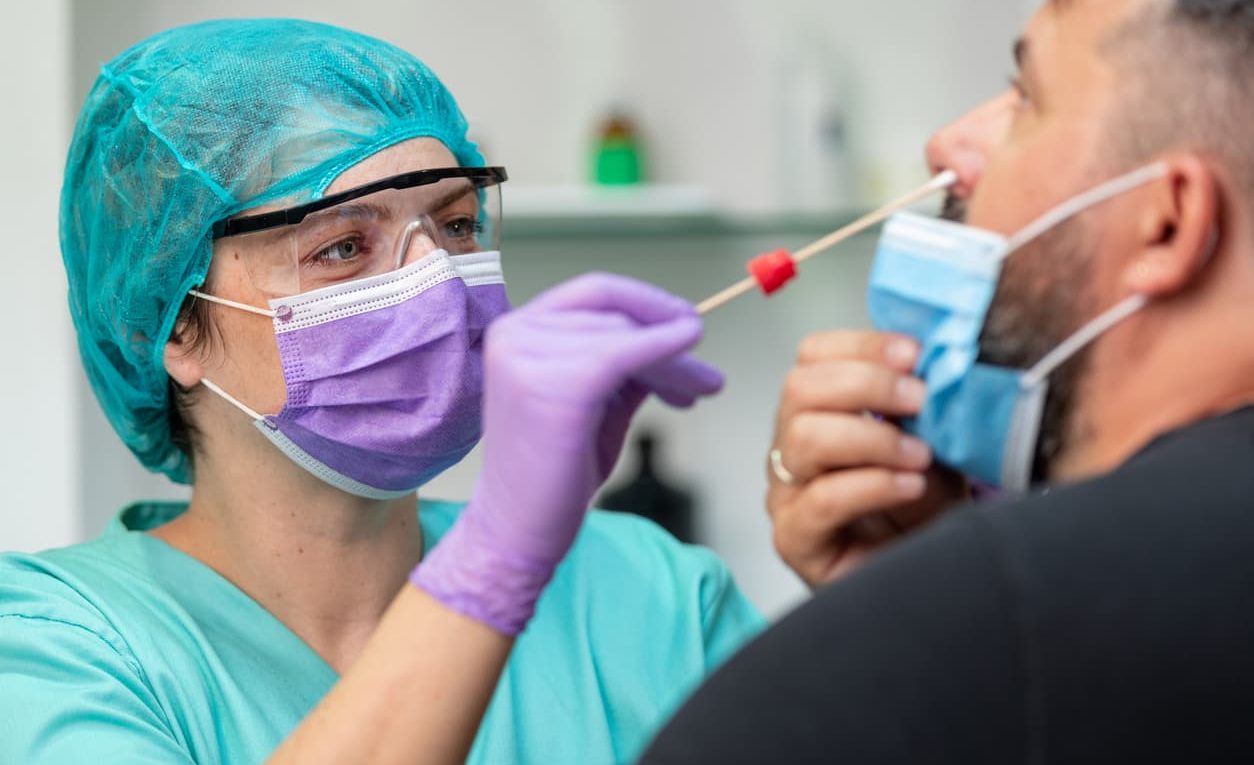
Effective Jan. 7, all travellers to Canada will require the results of a negative COVID-19 test, taken within 72 hours from their departure.
The Dec. 31 Transport Canada news release clarifies that the test results must be a COVID-19 molecular polymerase chain reaction (or PCR) test. The rule will come into force on Jan. 7 and applies to all travellers five years and older, including permanent residents and citizens of Canada.
The negative test results must be presented to the airline prior to boarding.
Does a negative COVID-19 test mean I don’t have to quarantine?
A negative COVID-19 test is not a substitute for the mandatory 14-day quarantine period. All visitors are expected to isolate themselves for 14 days upon arrival in Canada unless they receive a special exemption.
Some airports in Canada are experimenting with rapid COVID-19 tests in lieu of a full quarantine. But these are still pilot projects and not widely adopted across Canada.
Penalties for violation of Canada’s quarantine rules can lead to six months in prison and/or $750,000 in fines.
Who can travel to Canada
Since March of 2020, Canada has had travel restrictions in place. These restrictions prevent any non-essential travel to Canada but many classes of temporary or permanent residents are free to come to Canada.
International students are mostly free to return to their studies. The immediate and extended family of Canadians can also visit. There are also compassionate grounds exemptions for those wishing to attend a funeral or to spend time with a dying relative.
What you need to travel to Canada
The individual requirements for travel to Canada can vary slightly depending on the nature of your visit. In general, anyone considering coming to Canada should have the following:
- Authorization to come to Canada and valid travel documentation
- The results of a negative PCR COVID-19 test taken 72 hours prior to your flight
- A quarantine plan
- The ArriveCAN app on their phone to report their location and symptoms to the government
- An electronic Travel Authorization (eTA) if you are a national of any country other than the U.S.
COVID-19 in Canada
The number of COVID-19 cases in Canada continues to grow. Despite a vaccine rollout, Canada is still experiencing surging infection rates in the most populous provinces. On Jan. 3, Canada reported 6,578 new cases and 41 deaths, although information from BC health authorities was not immediately available.
There is good news too. Many parts of Canada have been able to maintain near-zero new cases like the Atlantic provinces. And Western Canada has also been largely able to flatten the curve of new infections.
To learn more about the current state of COVID-19 infections in Canada, click here.